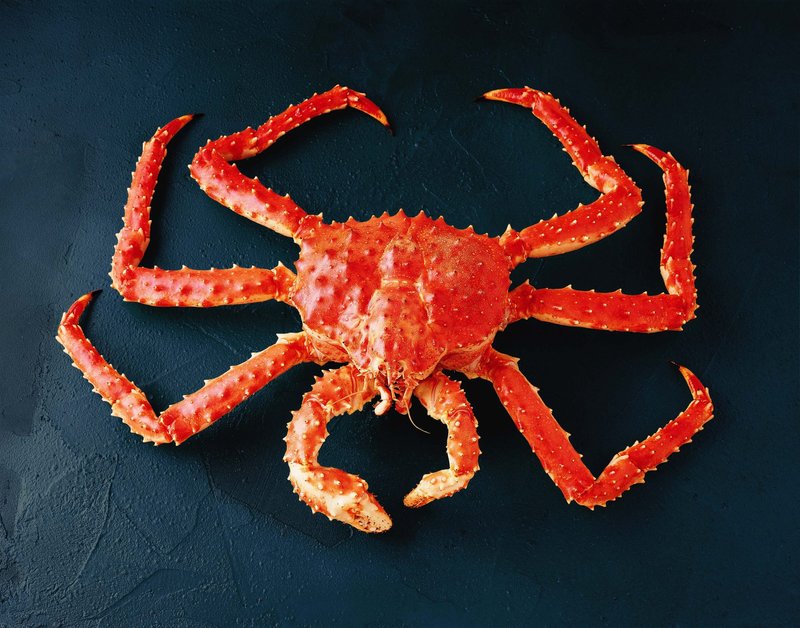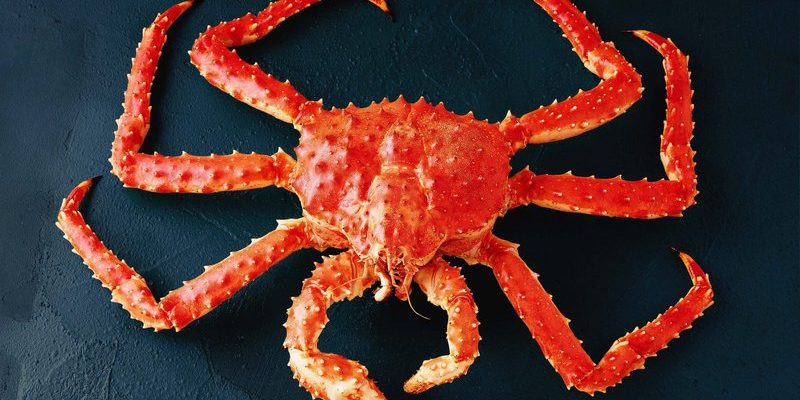
Here’s the thing: the king crab isn’t just a tasty dish; it holds a variety of significant meanings across different cultures. The stories told about this majestic crustacean can range from respect and reverence to superstition and humor. So, if you’re curious about what’s real and what’s fiction in the world of king crabs, you’re in for a treat. Let’s dive into the myths and cultural beliefs that have shaped perceptions of this remarkable sea creature.
The King Crab: A Symbol of Luxury
In many cultures, king crab is seen as a symbol of luxury. Think of it like diamonds in the seafood world. When you see king crab on a menu, it often comes with a hefty price tag. But why is that? The primary reason is that king crabs are not easy to catch. The harsh conditions they thrive in, like the frigid waters of the Bering Sea, make fishing for them a tough endeavor.
This struggle translates into their value. When people dine on king crab, it’s more than just a meal; it’s a celebration. Families often serve it during special occasions, from birthdays to holidays, making it a centerpiece of gatherings. The extravagant nature of king crab encapsulates a rich experience that binds people together, creating memories over shared meals. It’s cool to think that every bite carries with it a story of the sea and the efforts made to bring it to our plates!
Myths of the King Crab: Truth vs. Fiction
One of the most common myths about king crab is that they are only found in extreme northern waters. While it’s true that Alaska is famous for its king crab, these crustaceans can also be found in various other locations around the world, from the waters off Russia to the coast of Norway. So, while the Bering Sea is a prime harvesting ground, these crabs are not strictly limited to icy waters.
Another popular belief is that all king crabs are the same. In reality, there are several species of king crabs, including the red king crab, blue king crab, and golden king crab. Each type has its unique flavor and texture. For example, red king crabs are known for their prized, sweet flesh, while golden king crabs offer a slightly milder taste. This diversity might just change how you see your next bowl of crab legs—different species offer a different experience entirely!
Cultural Beliefs and Practices Surrounding King Crab
In Alaska, the king crab carries significant cultural weight. For the indigenous peoples of the region, crabs are seen as a vital resource that has sustained communities for generations. The harvesting of king crab is more than just a means of food; it’s an important cultural practice. Fishermen often follow traditional knowledge passed down through generations, which includes sustainable practices to ensure that king crab populations remain healthy.
In Japanese culture, king crab is celebrated in various culinary forms, including sushi and sashimi. Here, the focus is not only on the taste but also on the presentation. The crabs are often displayed in a way that highlights their beauty, tapping into the Japanese principle of aesthetics. You might even find king crab featured during New Year’s celebrations, symbolizing prosperity and good fortune. Isn’t it interesting how food can weave itself into the fabric of tradition and community?
Superstitions and Folklore Involving King Crab
When it comes to folklore, king crabs have been the subject of whimsical tales. In some coastal communities, it’s believed that seeing a king crab while fishing is a sign of good luck and a bountiful catch ahead. Fishermen often whisper a small prayer for a safe journey and a successful haul, making the crab a kind of guardian in their adventures at sea.
On the flip side, there are superstitions warning against eating king crab on specific days. Some believe that consuming this delicacy during a full moon can bring misfortune, a belief rooted in ancient maritime myths. These stories show how intertwined the lives of fishermen and these crustaceans are, highlighting the mystery and respect that surround them.
The Economic Impact of King Crab Fishing
The economic impact of king crab fishing cannot be overlooked. In Alaska, the king crab fishery creates jobs and supports local economies—think of it as life’s little boost for coastal communities. Fishermen invest time, energy, and resources to bring king crab to market, which benefits everyone involved, from fishermen to restaurants to consumers.
However, fishing practices have changed over the years. With increasing demand for sustainability, many fisheries now focus on responsible management of king crab populations. This means that while the crab is a boon for the economy, there’s a conscious effort to protect the environment and ensure that future generations can enjoy this culinary delight. It’s crucial to balance between enjoying the fruits of the sea and maintaining ecological integrity.
How to Enjoy King Crab: A Cultural Experience
If you’ve never tried king crab, you might be wondering how best to enjoy it. Preparing king crab is less about cooking and more about enhancing its natural flavor. Many cultures steam or bake it simply, often serving it with butter, garlic, or lemon—easy yet incredibly satisfying.
Here’s a fun tip: think of pairing king crab with local sides from its region. In Alaska, that might mean pairing it with traditional wild rice or roasted vegetables. This not only creates a well-rounded meal but also makes a connection to the culture of the crab itself.
And let’s not forget about the communal aspect. King crab is often served in large platters, inviting everyone to dive into the feast together. So, whether you’re visiting a fancy restaurant or enjoying a backyard cookout with friends, sharing king crab can turn an ordinary meal into a memorable occasion.
Wrapping Up: The Enduring Allure of King Crab
As we’ve explored, the myths and cultural beliefs surrounding king crab are as deep and rich as the waters they come from. Whether you view them as a symbol of luxury, as a key resource in sustainable fishing cultures, or as a fascinating subject of folklore, king crabs have much to offer. They’ve left their mark on culinary traditions worldwide and continue to inspire awe and respect.
So next time you savor a dish of king crab, remember not just the delightful flavor but the stories and cultures intertwined with it. Each bite is a connection to history, community, and perhaps a bit of luck from the sea. Enjoy your culinary adventure!

